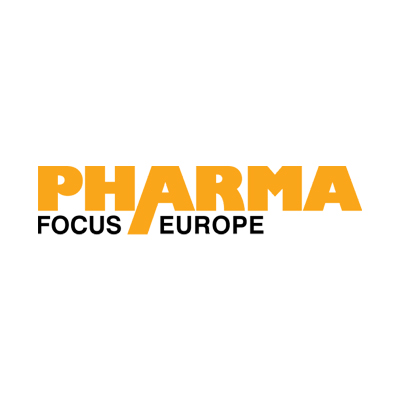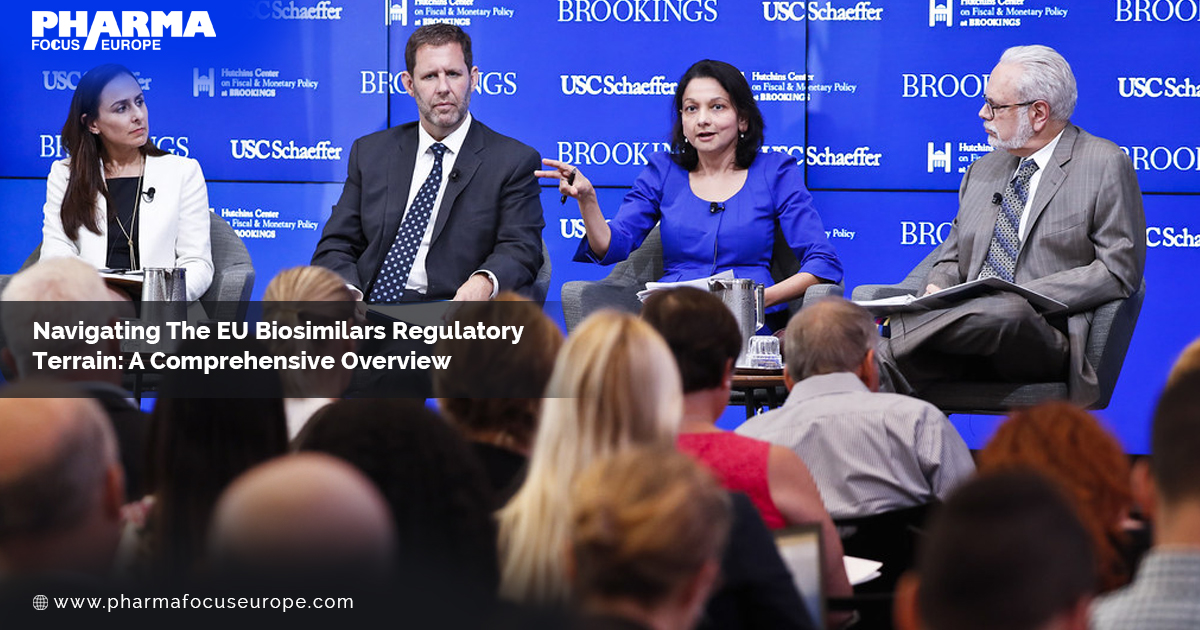Adapting to the Post-Brexit Pharma Environment: Strategies for Success

Strong 8k brings an ultra-HD IPTV experience to your living room and your pocket.
Adapting to the post-Brexit pharmaceutical landscape requires a multifaceted strategy. Companies must prioritize regulatory compliance, fortify supply chain resilience, tailor market access strategies, foster collaborative research and development, embrace digital transformation, and invest in talent development and retention. Successfully navigating these challenges positions pharmaceutical firms for growth, innovation, and success in the transformed post-Brexit environment.
Introduction:
The pharmaceutical industry has undergone significant changes following the United Kingdom's departure from the European Union, commonly known as Brexit. This historic event has introduced new challenges and opportunities for pharmaceutical companies operating in the UK and Europe. Adapting to the post-Brexit pharma environment requires strategic planning and innovative approaches. In this article, we will explore key strategies for success in this transformed landscape.
Implications of Brexit on the Pharma Industry:
Regulatory Compliance:
Navigating the post-Brexit pharma landscape demands a vigilant focus on regulatory compliance. With the UK and the EU establishing distinct regulatory frameworks, pharmaceutical companies must adeptly manage dual systems, necessitating a dedicated regulatory affairs team to comprehend and address variations in documentation, submission procedures, and pharmacovigilance reporting. Open communication with regulatory authorities in both regions is paramount, fostering collaboration and ensuring companies remain informed about evolving expectations. The ability to adapt swiftly to regulatory changes is critical, requiring continuous monitoring, assessments, and the implementation of necessary adjustments. Strategic investment in regulatory technology, such as information management systems, facilitates streamlined compliance processes and automation, enhancing efficiency.
Ongoing training programs for regulatory professionals, coupled with cross-functional education, fortify a company-wide regulatory awareness. Proactive risk management, including regular assessments and contingency planning, further solidifies a company's preparedness for unforeseen regulatory challenges. In essence, regulatory compliance serves as the linchpin for success in the post-Brexit environment, ensuring market access, trust with authorities, and the sustained availability of pharmaceutical products in the UK and the EU.
Supply Chain Resilience:
In the wake of Brexit, building and fortifying supply chain resilience has become imperative for pharmaceutical companies navigating the post-Brexit environment. The disruption of established trade relationships and regulatory changes necessitates a strategic approach to supply chain management. Diversifying suppliers is a key tactic, reducing dependency on a single source and mitigating risks associated with geopolitical uncertainties or logistical challenges. Maintaining optimal inventory levels, through strategic stockpiling and demand forecasting, safeguards against potential disruptions, ensuring a continuous and reliable supply of pharmaceutical products.
Developing contingency plans that account for various scenarios, such as customs delays or unexpected regulatory hurdles, is crucial for swift response and resilience in times of crisis. Collaboration with logistics experts and leveraging technological innovations, including blockchain for enhanced traceability and transparency, can further bolster the resilience of pharmaceutical supply chains. By embracing these strategies, companies can not only navigate the complexities introduced by Brexit but also proactively prepare for future challenges in the ever-evolving global pharmaceutical landscape.
Market Access Strategies:
Crafting effective market access strategies is pivotal for pharmaceutical companies operating in the post-Brexit landscape, characterized by distinct regulatory environments in the UK and the EU. Successful navigation of this complex terrain requires a nuanced approach. Companies must thoroughly understand and adapt to diverse reimbursement systems, pricing mechanisms, and procurement procedures in both regions. Engaging with local stakeholders, including healthcare providers, payers, and patient advocacy groups, is essential to gaining insights into regional dynamics and tailoring market access strategies accordingly.
Pharmaceutical companies
Establishing strategic partnerships with market access experts and consultancy firms can provide valuable expertise and guidance. Moreover, leveraging real-world evidence and health economics data to demonstrate the value proposition of pharmaceutical products becomes increasingly important in securing reimbursement and market access. Continuous monitoring of policy changes, payer preferences, and health technology assessments ensures agility in adjusting market access strategies to evolving circumstances. By adopting these comprehensive approaches, pharmaceutical companies can position themselves for success in securing and optimizing market access in the post-Brexit era.
Dicover more: https://www.pharmafocuseurope.com/articles/adapting-to-the-post-brexit-pharma-environment-strategies-for-success
Note: IndiBlogHub features both user-submitted and editorial content. We do not verify third-party contributions. Read our Disclaimer and Privacy Policyfor details.







